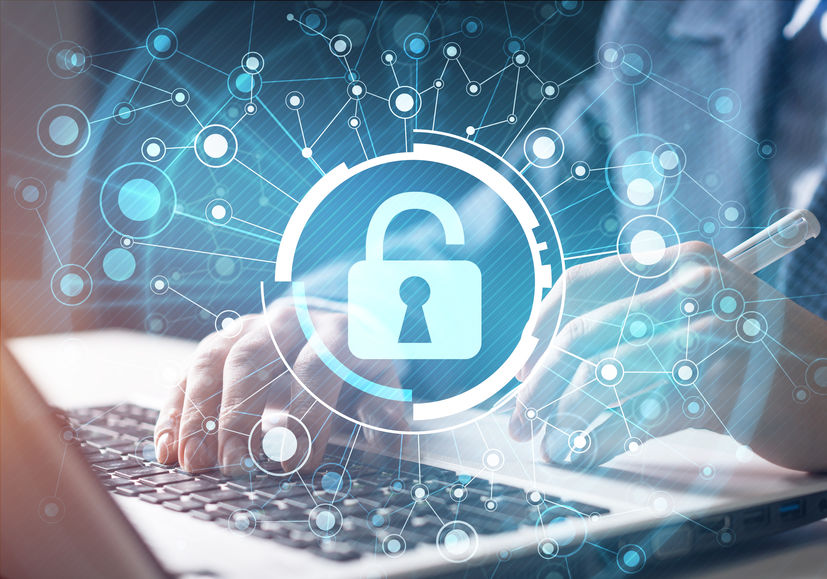In 2020, American taxpayers lost $56 billion to identity theft, with most criminals using the data to solicit tax refund, steal credit cards information, and take over accounts on various platforms. Although the prevalence of identity theft has been reducing each year since 2018, the drop is attributed to the stringent hackproof measures that corporates and entities are putting in place to protect themselves. However, this spells doom for individuals as hackers are now turning to private citizens.
Hence, the following essential tips to protect you against identity theft and fraud should be at your fingertips. These strategies proffer credit protection, among other benefits and you are guaranteed that someone will not commit a crime using your identity.
Embracing Advanced Authentication Security
Phones and personal computers are the most common targets of identity theft. Therefore, you must embrace advanced authentication security to prevent not only unauthorized logins.
Regarding authentication, facial recognition, eye scanners, voice recognition, and fingerprint scanning are just some of the biometrics features you should look for in a smartphone since the conventional password and pattern features have proven to be blind spots of security.
Additionally, for credit protection, credit monitoring applications, as well as banking software, should be secured to prevent breach even when the smartphone and personal computer security features fail.
Most importantly, you should avoid using public WIFI, plugging into Local Area Networks (LAN), and using devices in high-traffic areas among high exposure activities.
Use Credit Monitoring Services
The best credit monitoring companies can update you in real-time when your credit score shifts. If the transaction does not emanate from you, it is indicative that someone has impersonated you and has used your data to either apply for a new credit card or access your financial accounts.
Several leading credit-monitoring companies offer various solutions such as credit report updates, credit score repairs, dark web surveillance, and more. There are free and premium services that you can consider depending on your budget, with monthly subscriptions being more expensive than annual plans. Nonetheless, it would be best if you looked out for additional benefits such as reimbursements following a loss, social media surveillance, and credit score repair services critical in credit protection.
Some credit monitoring companies, such as Identity Guard and PrivacyGuard, are ideal for offering protection against identity theft, usually the first stage of credit fraud.
Avoid Carrying Your Cards
Social security cards are the weak link in the fight against identity theft. This is because they are the primary data in most individual accounts that we hold, including credit cards. If it lands in the wrong hands, your identity could be stolen and credit protection compromised.
Additionally, debit, credit, and medical insurance cards also contain personal data that can be used to reconstruct your identity, which can then be used to access your credit information, bank information, or apply for a new credit card.
Staff cards and security passes may also contain personal data that can be manipulated if it lands in the wrong hands.
Avoid Clicking On Links
Phishing emails are the most common identity theft attempts where you can be asked to open a link. The links can also appear as pop-ups on your browser or random links on your social media pages, often redirecting you to suspicious sites.
It is vital to note that thinks links usually are targeted and meant to install malware and spyware into your phone or your computer to record your passwords and other data that can be used in identity theft.
While a strong anti-virus can offer online protection, credit-monitoring applications such as NortonLifeLock can provide both credit protection and online protection.
Avoid Divulging Personal Information On Unsolicited Calls
Scammers may call and lie that they state officers or representatives of agencies such as the IRS or FBI and request personal details such as your Social Security Number, middle name, address, and more. If the call is unsolicited and skeptical, you should let it go to voicemail and letter check the number online or even call via the office customer service line to verify its authenticity.
Additionally, you should avoid sharing your information on the phone and instead prefer making time to visit the offices physically if some of your information is needed. Even if you are convinced that the caller is genuine, you never know who is lurking behind you and taking note of your conversation.
Conclusively, while there is no rule of the thumb in credit protection measures, avoiding risky situations. Signing up for credit monitoring services can give you peace of mind.
Sources:
https://www.comparitech.com/identity-theft-protection/identity-theft-statistics/
https://www.sfgate.com/market/article/best-credit-monitoring-services-16205115.php
https://www.houstontx.gov/police/crime_prevention/id_theft.htm
https://www.usnews.com/360-reviews/identity-theft-protection/lifelock




